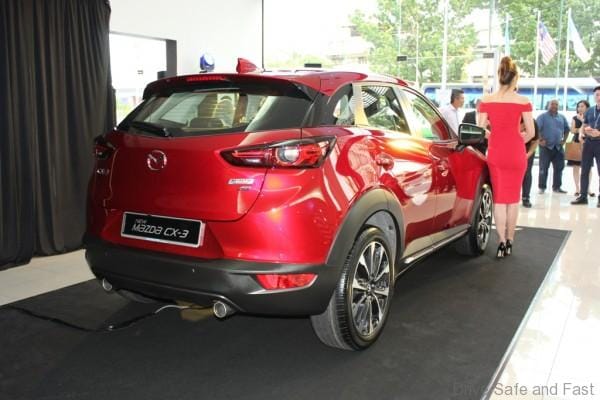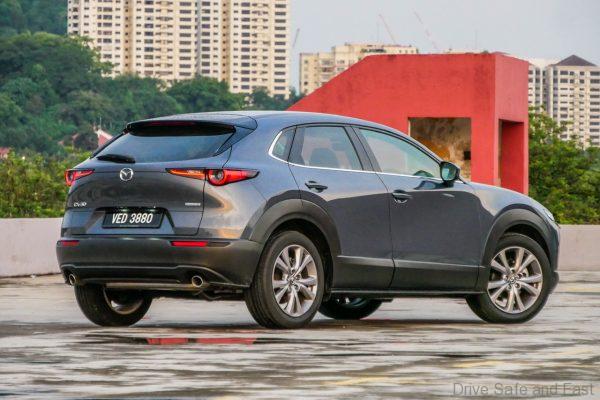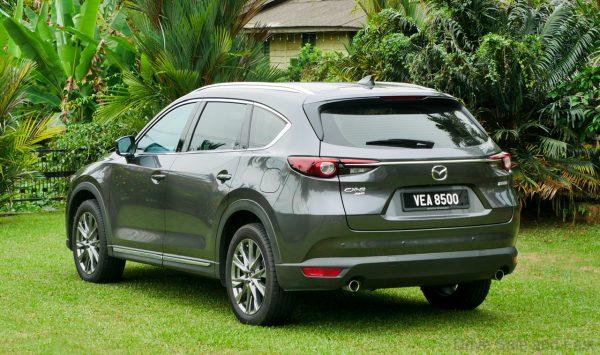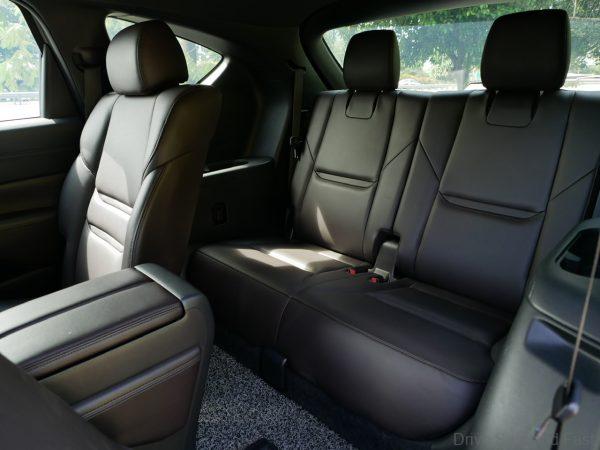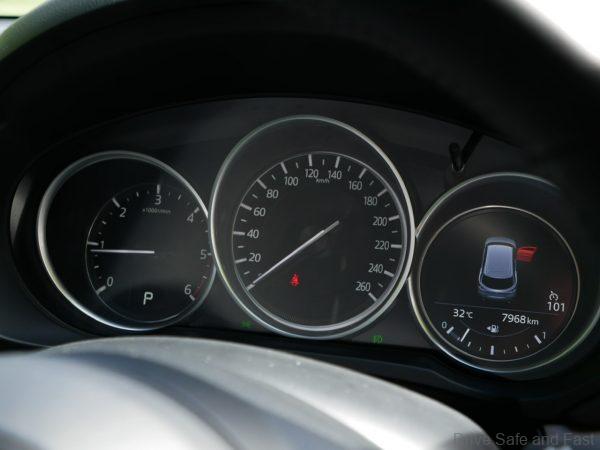Earlier this week, I got a question about how Mazda’s SUVs compared to each other. My first thought was — hey isn’t there an article out there I could share to help clarify this? It turns out I did write a rough guide on this very topic before, but only with regards to the SUVs smaller than the CX-5.
So I’ll now add the CX-8 and CX-9 to the list and explain the whole range of Mazda SUVs as they are packaged in MALAYSIA.

Here it goes.
There are currently 5 crossovers and SUVs sold by Mazda Malaysia under the “CX” prefix:
- CX-3: competes against smaller B-segment crossovers (Renault Captur, Citroen C3 Aircross)
- CX-30: competes against smaller C-segment crossovers (Subaru XV, Toyota C-HR)
- CX-5: competes against C-segment SUVs (Honda CR-V, Nissan X-Trail)
- CX-8: competes against larger 7-seater SUVs (Hyundai Santa Fe, Kia Sorento)
- CX-9: competes against larger premium SUVs (Volvo XC90 T5, BMW X5 xDrive40i)
Here’s a bit more detail about each vehicle.
CX-3 (from RM130K)
The CX-3 is currently the smallest crossover sold by Mazda. In Malaysia, we get Japanese-made CBU models. The CX-3 is essentially a crossover variant of the Mazda2 hatchback but gets a 2.0L petrol engine instead of the 1.5L. A 6-speed SKYACTIV-Drive automatic sends power to the front wheels.
CX-30 (from RM143K)
The CX-30 is a bit of an oddball. It’s one of the newer additions to the range. Mazda should have named it the CX-4, but that name was already reserved for a China-exclusive model. The CX-30 is unique in the range as it represents an all-new generation of vehicles for Mazda. Its chassis has been completely revised for better NVH, driver feedback, comfort and dynamics. In Malaysia, we get our CX-30s fully imported from Japan. Either a 2.0L petrol or a 1.8L turbo diesel are available with the 6-speed automatic. Depending on the configuration, you can get it in front-wheel drive or all-wheel drive. Think of the CX-30 as a crossover variant of the Mazda3 hatchback.
CX-5 (from RM137K)
The CX-5 is arguably the most important SUV in Mazda’s stable. It nearly single-handedly changed the company’s fortunes when it split from Ford. The CX-5 is now in its 2nd generation and manufactured locally for many ASEAN markets. Because of its wide appeal, it’s available in many variants, including:
- 2.0 petrol
- 2.5 petrol
- 2.2 turbo diesel
- 2.5 turbo petrol
Both front-wheel drive and all-wheel drive variants are available, depending on engine.
CX-8 (from RM179K)
The CX-8 is a relatively new addition to the fleet. It too is assembled in Malaysia for the region. It shares many components and features of the CX-5, but sits on a larger platform and has a few luxury appointments of its own. As a result, the CX-8 is set up with 3 rows of seats either with 6 seats or 7. In Malaysia, the CX-8 gets either a naturally-aspirated 2.5-litre petrol or a 2.2-litre turbodiesel. Both with a 6-speed conventional automatic, but only the diesel gets all-wheel drive.
CX-9 (from RM319K)
The CX-9 is largest and most luxurious SUV available. It is fully imported from Japan. The CX-9 has a more upmarket interior feel and more well-appointed exterior design. It also get the 2.5-litre turbocharged petrol engine and is available in both front-wheel drive and all-wheel drive. Equipment is slightly higher than the CX-8, as it boot space, and rim size. You also get a much better infotainment system.
